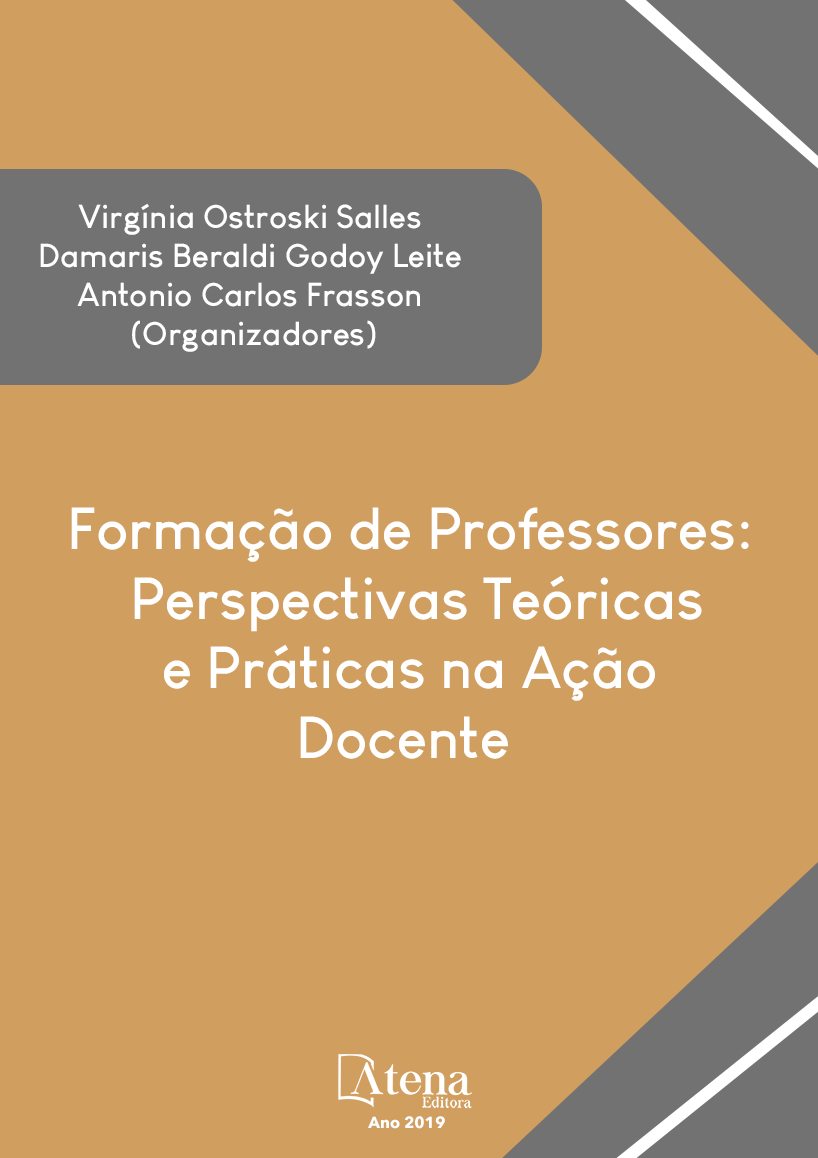
DIÁLOGO INTER-RELIGIOSO E ESPIRITUALIDADE COMO MEIOS DE RESOLUÇÃO DE CONFLITOS ESCOLARES À LUZ DOS ARTIGOS 12 E 33 DA LEI DE DIRETRIZES E BASES DA EDUCAÇÃO
O presente artigo pretende fazer
uma reflexão acerca da possibilidade de
o diálogo inter-religioso poder atuar como
instrumento facilitador para a resolução dos
conflitos no âmbito escolar, levando-se em
conta que a atual legislação de diretrizes de
bases da educação brasileira prevê o Ensino
Religioso como integrante da formação do
cidadão. Ter uma religião ou não é um direito
humano reconhecido na Declaração dos
Direitos Humanos, confirmado na Constituição
Federal de 1988 apesar da laicidade do
Estado, e embora o Ensino Religioso tenha,
segundo a lei, o cunho de matéria facultativa,
devido a sua vertente de alcance espiritual
e transcendental, acredita-se que seja tema
apto a atingir o objetivo recentemente proposto
através de alteração legal da Lei de Diretrizes
e Bases da Educação, de integrar medidas
de conscientização, prevenção e combate a
todos os tipos de violência a fim de promover a
Cultura de Paz, o que certamente promoverá o
programa de Educação para a Paz nas escolas.
DIÁLOGO INTER-RELIGIOSO E ESPIRITUALIDADE COMO MEIOS DE RESOLUÇÃO DE CONFLITOS ESCOLARES À LUZ DOS ARTIGOS 12 E 33 DA LEI DE DIRETRIZES E BASES DA EDUCAÇÃO
-
DOI: 10.22533/at.ed.87119191110
-
Palavras-chave: Educação para a Paz; Cultura de Paz; Direitos Humanos; Diálogo Inter-religioso; Escolas.
-
Keywords: Education for Peace; Culture of Peace; Human rights; Interreligious Dialogue; Schools.
-
Abstract:
The present article intends to
reflect on the possibility of interreligious dialogue
being able to act as a facilitator for the resolution
of conflicts in the school environment, taking
into account that the current legislation of basic
guidelines of Brazilian education provides the
Religious Education as part of the formation of
the citizen. Having a religion or not is a human
right recognized in the Declaration of Human
Rights, confirmed in the Federal Constitution of
1988 despite the laity of the State, and although
Religious Education has, according to the
law, the facultative matter, due to its aspect of
spiritual and transcendental reach, it is believed
to be a suitable subject to achieve the recently
proposed goal through a legal amendment to
the Education Guidelines and Bases Law, to
integrate measures to raise awareness, prevent
and combat all types of violence in order
to promote the Culture of Peace, which will
certainly promote the Peace Education program
in schools.
-
Número de páginas: 15
- Patrícia Machado Pereira Giardini
- Bruno


